On August 24, Telegram CEO Pavel Durov was arrested after his private jet landed at an airport outside Paris. Telegram has long made a point of not complying with authorities’ requests — even bragging about it on its website. It was well known that illegal content was circulating and criminal activity taking place on the platform. Even still, after leaving Russia in 2014 and later obtaining French and Emirati citizenship, Durov seemed to feel he was invincible. French authorities had a different idea. Several months ago, they issued an arrest warrant for the executive and his brother — a cofounder of the platform — and when Durov returned to French soil, they were ready for him.
Not a week after Durov’s arrest, Elon Musk’s Twitter/X came in for enforcement of its own on the other side of the Atlantic. After months of defying Brazil’s Supreme Court and the requests of Justice Alexandre de Moraes to suspend specific accounts identified as spreading disinformation, Twitter/X closed its offices in the country. When it refused to appoint a legal representative, de Moraes issued an order to ban the platform on August 30, to take effect the following day. On September 3, the rest of the Supreme Court upheld the order.
These two actions may well mark a turning point for the usual hands-off approach that democratic countries have taken to tech platforms, and specifically communications and social media platforms, that ignore their laws and regulations. But more than anything, they call into question some of the dominant ways we’ve come to understand and talk about those platforms and their broader societal impacts.
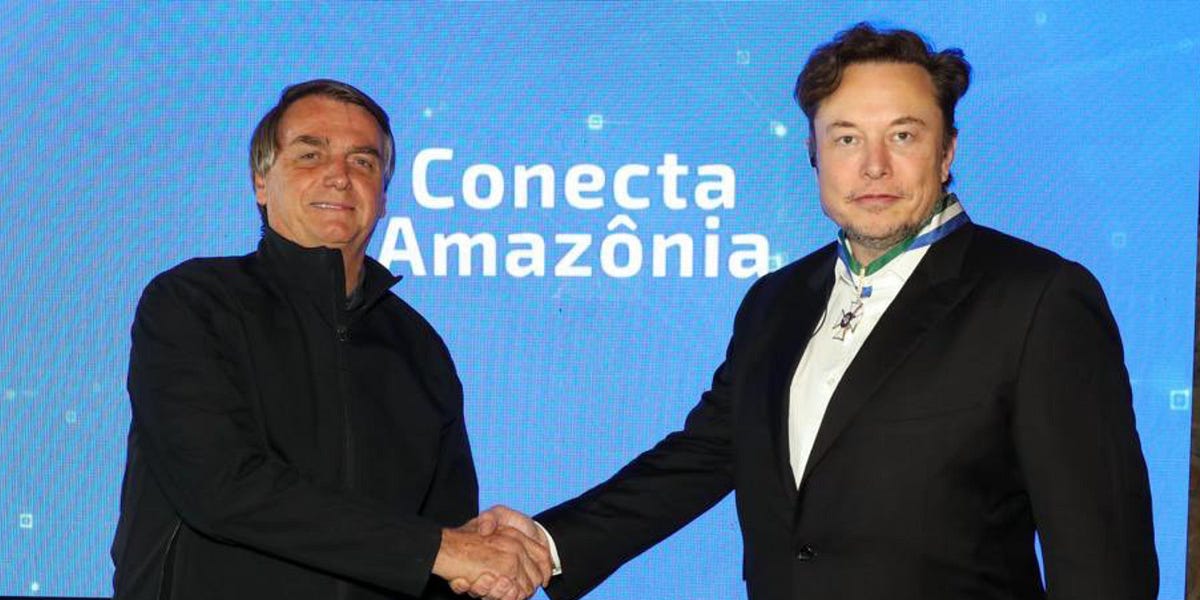
In the immediate aftermath of Durov’s arrest and the announcement of Brazil’s ban of Twitter/X, the first question many commentators and media organizations asked was what it all meant for free speech. Musk has claimed to be a “free speech absolutist” and internet issues have long been framed as being about speech more than anything else. But the actions against Durov and Twitter/X are not about speech; they’re about sovereignty. Until we recognize that, we won’t truly understand why these actions are being taken and what we miss when we look at the internet through the narrow and often misleading lens of a specifically American understanding of free speech.
How digital rights served US interests
Counter to how it often plays out in discussion online or the arguments of digital rights groups, free speech does not come in one single form. The approach of France, Brazil, or Canada to free expression is not the same as the First Amendment of the US Constitution, which itself has different interpretations based on who you ask. But that nuance often doesn’t make it into online discussion about free speech or the arguments of some digital rights organizations, which tend to push an American understanding of the concept onto the rest of the world, just as US tech platforms have dominated online experiences and digital markets.
Internet politics have been shaped by a cyberlibertarian framing best exemplified by the writings of Electronic Frontier Foundation cofounder John Perry Barlow, whose Declaration of the Independence of Cyberspace became a key statement of principles for digital activists. His manifesto targeted its ire at governments, telling them, “You have no sovereignty where we gather.” He made no mention of the harmful influence corporations could have on online spaces, which was a reflection of Barlow’s personal politics. He was not only a speechwriter for Dick Cheney in the 1970s, but the Declaration itself was published at the World Economic Forum in Davos, Switzerland in 1996.
This cyberlibertarian framing of digital politics and its focus on speech over political economy has proved beneficial for tech companies for many years. As US tech firms went global, digital activists frequently opposed government efforts to regulate or restrict tech platforms as threats to their citizens’ digital rights and freedom of expression, largely ignoring the economic impacts of US economic imperialism in those countries. In the process, US companies were able to dominate international markets and few countries were able to establish the necessary economic protections to develop serious competitors to the American giants.
In countries like China, where protections were effectively implemented, digital and human rights groups rarely paid any mind to the economic component of those policies; they were narrowly positioned as censorship measures. The Great Firewall is used to restrict what Chinese internet users can access and post online, but it is also an economic measure. China protected its tech sector in a similar way that Japan and South Korea protected their automotive and electronics industries in decades past, spawning globally competitive, export-oriented companies like Toyota and Samsung. China’s Great Firewall allowed it to do the same, creating serious competition for Silicon Valley that would have never happened without economic protectionism.
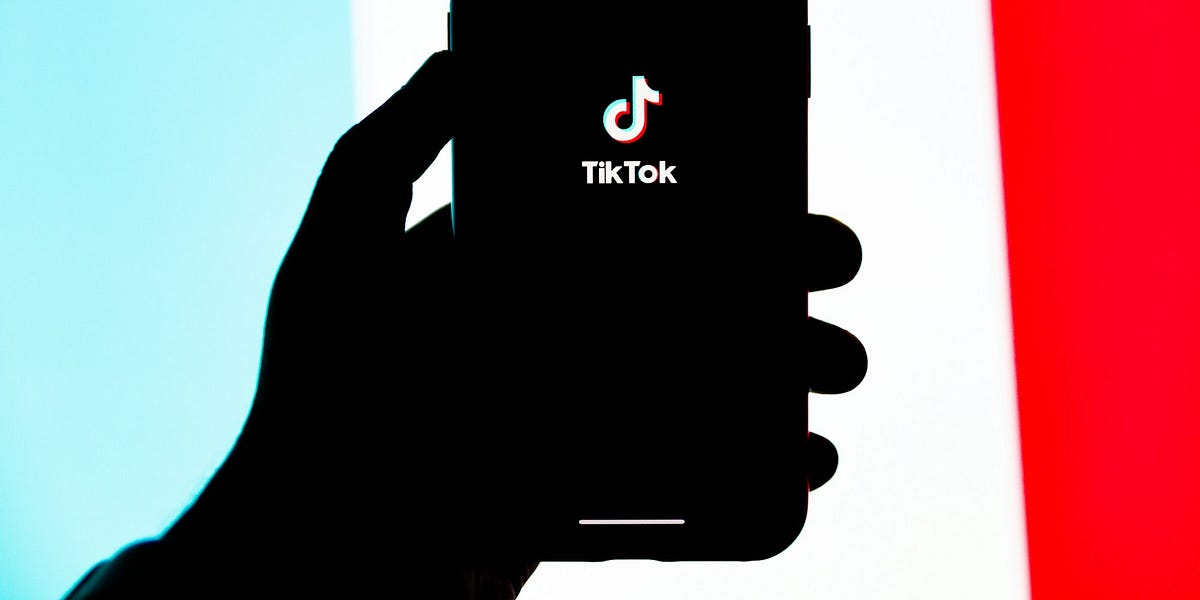
Digital rights activism served the global ambitions of the tech monopolies forming in Silicon Valley and Greater Seattle by positioning attempts at restricting platforms and making companies abide by local rules and norms appear as overbearing government intrusions on people’s rights. In the cyberlibertarian framing, government — not corporations — are the enemy, and that was reflected in the way many activists long approached tech policy. It certainly doesn’t seem like a coincidence that it also served US commercial and geopolitical ambitions. Where countries previously placed ownership restrictions on its media and telecommunications sectors and invested in public broadcasters, that was all out the window with the internet. Foreign governments were expected to accept the dominance of US firms, or else be accused of breaching their citizens’ rights.
The rise of digital sovereignty
The action by French and Brazilian authorities, paired with the growing international efforts to better regulate the tech industry, shows that this framing is collapsing. As US geopolitical might wanes and the power of tech platforms has grown, it’s become much harder to get other countries — including Western allies — to leave them alone. The disingenuous arguments that these actions are violations of people’s digital rights will no longer stand, especially when democracies are taking those actions. That doesn’t mean they won’t try though.
In recent years, Canada passed a series of regulations targeting dominant tech platforms, including a framework to get digital ad giants to throw a few more crumbs at news organizations, forcing streaming companies like Netflix to invest a bit more in Canadian content, and most recently, enforcing a digital services tax (DST) that will ensure US tech companies pay a fairer amount of tax domestically. Many other countries have already implemented DSTs of their own. But at every turn, Canadian efforts have faced disingenuous opposition, if not direct interference from the US embassy.
For example, prominent digital rights activists falsely claimed the streaming bill would target content creators on platforms like YouTube, repeating narratives that felt like they’d come directly from tech industry lobbyists. In the process, they got some influencers to oppose the bill, even though it had nothing to do with them. The US embassy also expressed its anger about the bill and suggested it might retaliate. More recently, US diplomats brought a trade dispute against Canada over the digital services tax, even though that measure was only put into practice because the United States has been stalling the process for a global treaty on the taxation of multinational corporations for years.
When we look at Durov’s arrest and Brazil’s actions against Twitter/X, it’s very clear they are not about limiting speech or digital rights. They’re about creating expectations for how tech platforms should act within the borders of those countries and ensuring there are consequences when founders and companies defy those rules. Authorities are specifically targeting the safe space Telegram has created for terrorist action and criminal activity, including child exploitation, and the refusal of Twitter/X to suspend the accounts of far-right activists that local authorities have deemed a threat to their society. Why should it be up to foreign billionaires to decide the authorities of democratic countries have no right to make rules for how their platforms operate in their borders?
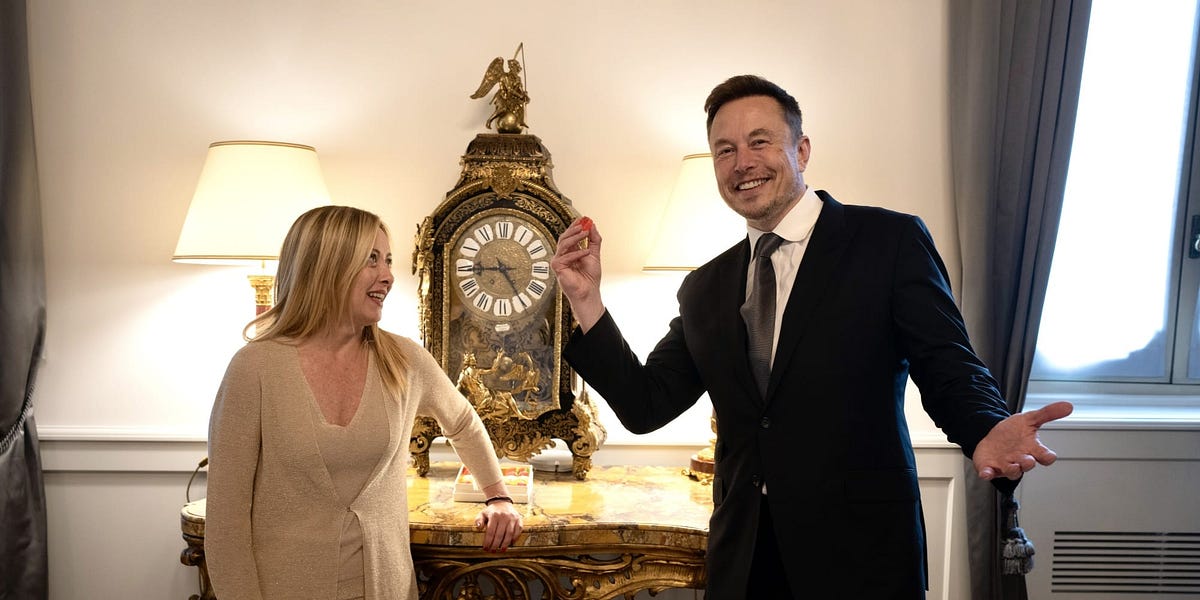
Durov has been charged on six counts, including refusing to cooperate with authorities and being complicit in the dissemination of child sexual abuse material, drug trafficking, and organized crime. These are things that can happen on virtually any platform, but Telegram made a point of not working with authorities to address that criminal activity, hence why Durov could now face prison time. Meanwhile, Musk has put up a fight in Brazil because the users the Supreme Court is targeting are on the extreme right and associated with former president Jair Bolsonaro. When similar requests came from authorities in places like India and Turkey, Twitter/X didn’t make an international incident out of it. The platform complied.
Musk seems to understand the consequences of his actions. “Twitter doesn't have a choice but to obey local governments. If we don't obey local government law, then we will get shut down,” he said in June 2023 after speaking with Indian prime minister Narendra Modi. “One cannot just apply America to the earth.” There may be good reason to challenge that in the case of some authoritarian states and eroding democracies, but it’s hard to apply that standard to what’s happening in countries like Brazil and France. They have every right to bring platforms into line with their expectations, and to take action if they refuse to comply.
The internet is not just about speech
Pavel Durov and Elon Musk are not paragons of free speech that deserve any of us to come to their defense. Durov created a platform designed to enable criminal activity and refused to take effective action against it, while Musk has intentionally altered Twitter/X to turn it into a playground for the extreme right he vocally aligns himself with. Tech billionaires now claim to be defenders of free speech, reframing a concept that’s been so central to understanding the internet to further defend their own power.
As the era of US dominance of the internet wanes, more countries will take firmer action to rein in the harms that dominant tech platforms have created and to make the internet in their jurisdictions better align with their laws and social norms. In many cases, those measures will have little to do with restricting speech, but about asserting sovereignty over a sector and set of executives that have far too long felt themselves above the law. The enforcement is long overdue, and if done properly, could be the path to a better internet. But understanding and properly responding these developments will require looking beyond speech to see the broader economic and political implications.
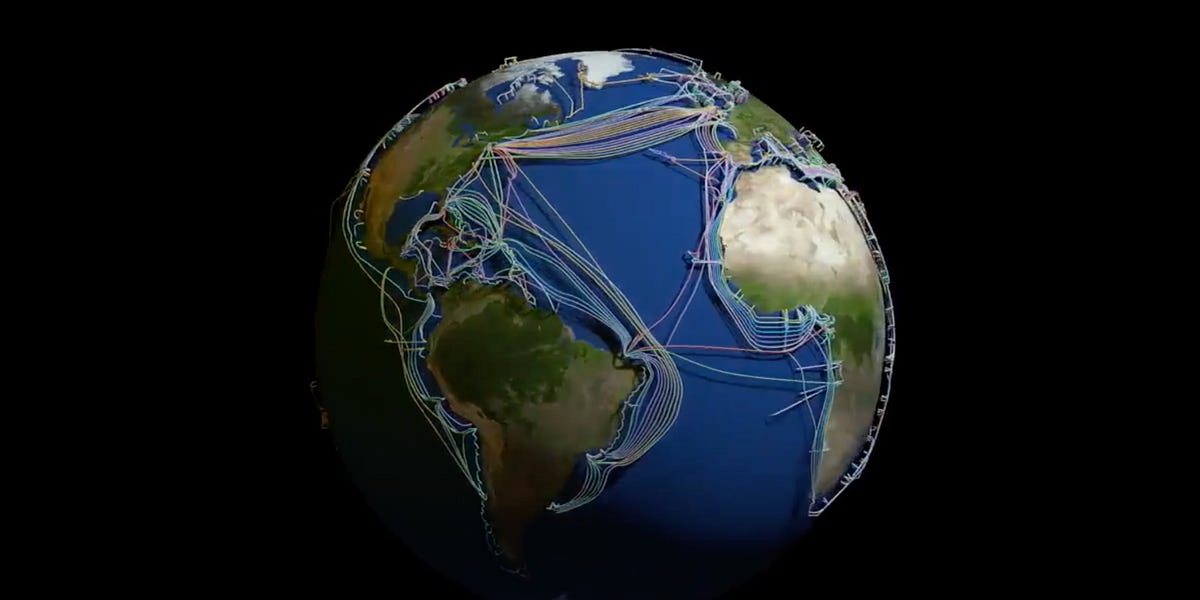

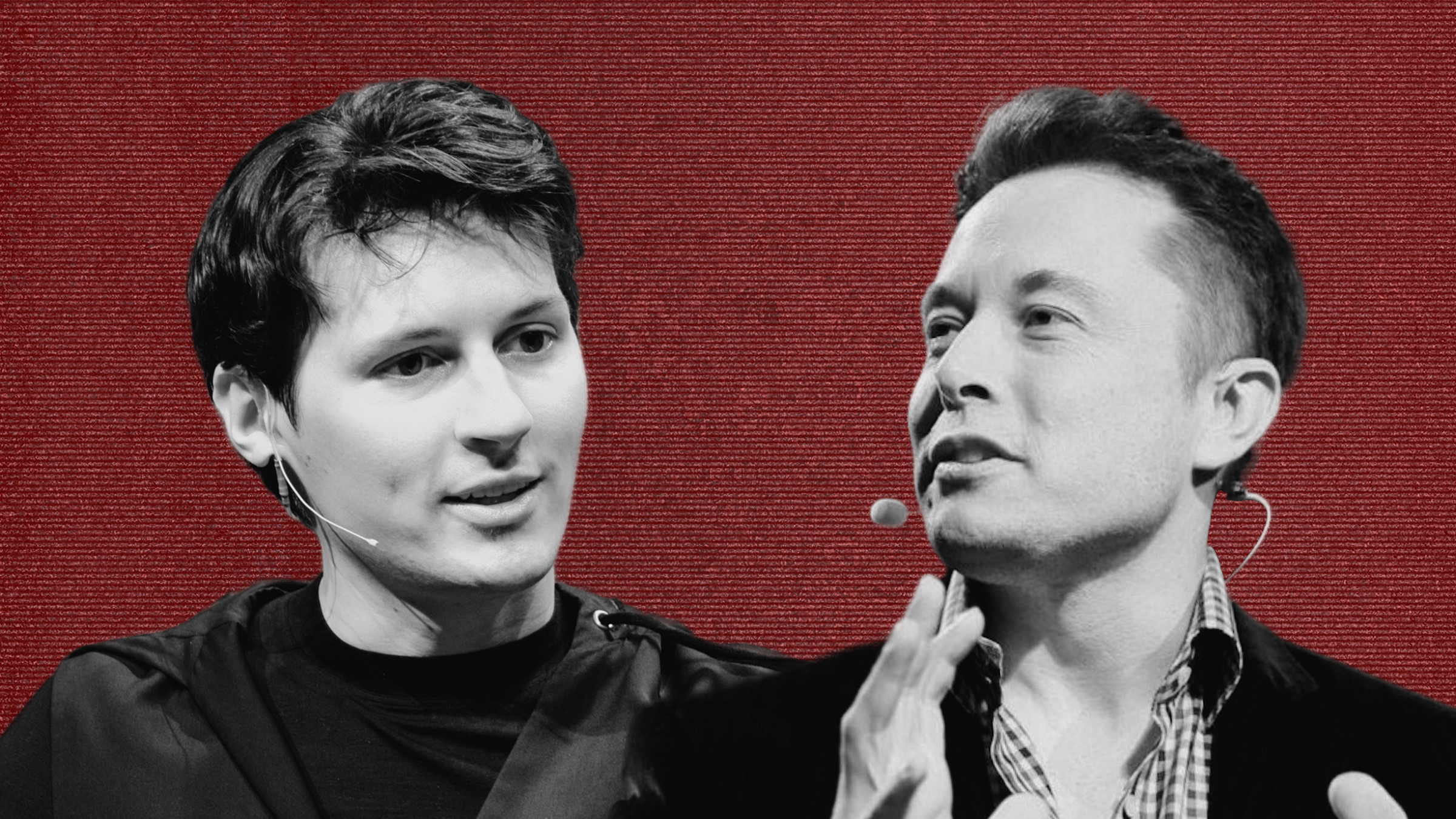
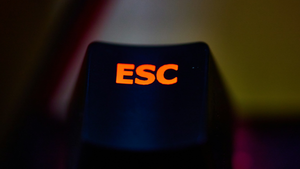






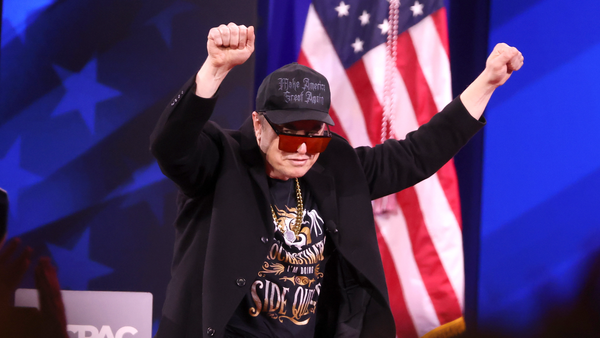
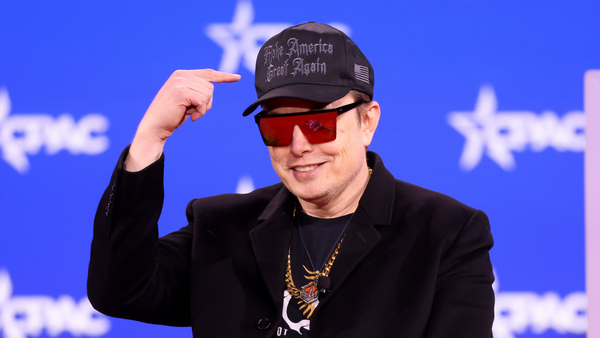

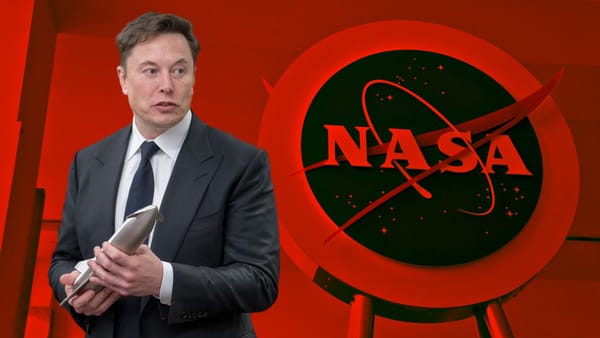
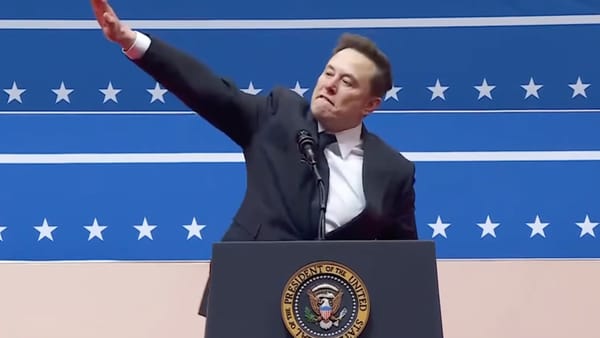
Member discussion